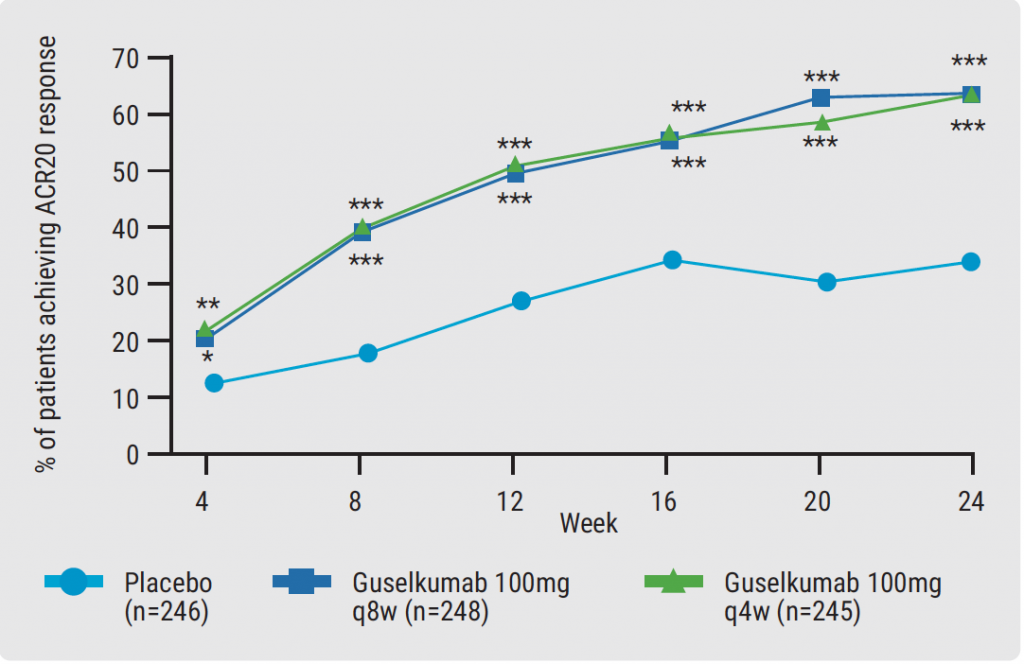Many factors have been associated with fibromyalgia syndrome (FMS), among them genetic factors, lack of physical exercise, mood disorders, maladaptive pain responses, and both current and past stressors, including a history of abuse. However, this has not been looked at in detail.
Therefore, Dr Carmen Gota (Cleveland Clinic, Ohio, USA) examined the predictive role of a history of abuse on FMS severity measures, and the association between self-reported abuse and socioeconomic status, symptoms, psychiatric comorbidities, and disability. All consecutive patients clinically diagnosed with FMS (n=593) who answered the question ‘Do you have a history of abuse?’ were enrolled. A history of abuse was reported by 223 patients: sexual abuse by 125 (56.5%), physical abuse by 155 (69.5%), and both by 78 (34.9%).
Out of 30 analysed symptom measures, 22 were significantly more severe in patients reporting abuse compared with the others. Fibromyalgia severity scores and pain disability scores were higher in patients that reported abuse: the latter averaged 6.0 for those with previous abuse versus 5.1 for patients without. Tender points were present in 56.5% of patients who experienced abuse compared with 44.3% in the controls. Their number of doctor visits in the previous 6 months was 11.6 versus 8.0 in the control group. Patients with former abuse were seen significantly more often by a psychiatrist (41.3% vs 26.8%). In addition, a significantly higher percentage of these patients reported past or present alcohol abuse. Fibromyalgia patients with a history of abuse also had worse socioeconomic status, as measured by higher percentages of single and divorced patients, lower education level, lack of private insurance, lower employment rates, and higher disability compared with those without abuse. Naturally, patients with a history of abuse said they had an unhappy childhood. Only 46% of patients with abuse histories felt loved by both parents compared with 76% of patients without abuse. Dr Gota recommended that abuse should be inquired about in all patients evaluated for FMS, and if necessary, patients should be referred for counselling.
- Gota C, et al. Abstract 213. ACR 2019. November 8-13, Atlanta (GA/USA).
Posted on
Previous Article
« Prolonged remission after stop of tocilizumab for patients with giant cell arteritis Next Article
Cancer treatment with checkpoint inhibitors in RA patients? »
« Prolonged remission after stop of tocilizumab for patients with giant cell arteritis Next Article
Cancer treatment with checkpoint inhibitors in RA patients? »
Table of Contents: ACR 2019
Featured articles
Late-Breaking Abstracts
Lowest risk of infection after therapy with an IL-12/IL-23 blocker
Calcium pyrophosphate deposition disease: an independent risk factor for cardiovascular complications
Proteome abnormalities improve prediction of RA development
RA patients in remission benefit from continued therapy with conventional DMARDs
Selective IL-23 blocker shows remarkable efficacy in patients with psoriatic arthritis
Corticosteroid therapy in GCA: higher platelets – lower relapse rate
Spotlight on Rheumatoid Arthritis
Filgotinib promising in RA patients naïve to methotrexate
Sustained efficacy of monotherapy with upadacitinib after 48 weeks
Biologics show similar activity in patients with elderly-onset RA
Tocilizumab outperforms rituximab in RA patients with low level of synovial B cell infiltration
Treatment decisions should not be guided by ultrasound findings
Cancer treatment with checkpoint inhibitors in RA patients?
What is Hot in Systemic Lupus Erythematosus
Anifrolumab succeeds in second phase 3 trial in SLE
Depression closely related to fatigue in SLE patients
Spondyloarthritis – The Beat Goes On
Psoriasis onset determines sequence of symptoms
Higher psychiatric comorbidity in women with PsA
JAK1 inhibition shows remarkable efficacy in AS
CARDAS study shows increased prevalence of cardiac valvular disorders in AS patients
Osteoarthritis – State-of-the-Art
Hand OA: low-dose corticosteroids improve symptoms
Opioids: no quality of life benefits for OA patients
Walking speed is a predictor of mortality in patients with knee OA
Reproductive Issues in Rheumatic Disease
Few serious infections in offspring with exposure to non-TNFi biologics or tofacitinib
Prevention of congenital heart block may be possible with hydroxychloroquine
TNFi for RA during pregnancy – to stop or not to stop?
Vasculitis – Novel Treatment Modalities
Rituximab maintenance superior to azathioprine in ANCA-associated vasculitis
Prolonged remission after stop of tocilizumab for patients with giant cell arteritis
Best of the Posters
Antifibrotic therapy slows disease progression independent of corticosteroid use
Fibromyalgia patients often experienced abuse in childhood
Related Articles

February 3, 2020
Editor Biography

© 2024 Medicom Medical Publishers. All rights reserved. Terms and Conditions | Privacy Policy
HEAD OFFICE
Laarderhoogtweg 25
1101 EB Amsterdam
The Netherlands
T: +31 85 4012 560
E: publishers@medicom-publishers.com

